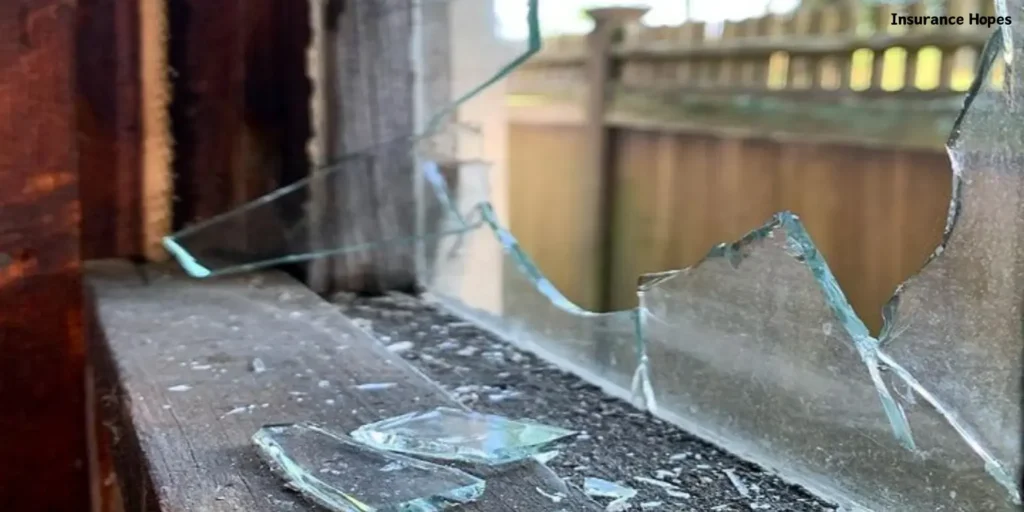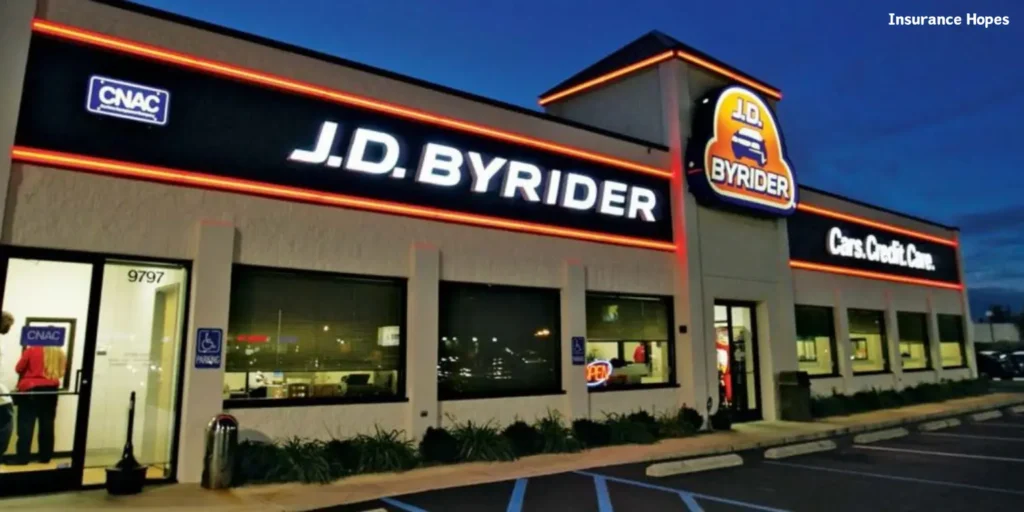HOME INSURANCE CLAIM SECRET TATCTICS

Insurance adjusters are professionals that investigate and evaluate claims on behalf of insurance companies. They are responsible for determining the maximum amount of money that an insured can get. Conversely, some adjusters use covert tactics to minimize settlement sums, minimize losses, and require unnecessary data. These tactics may frustrate homeowners who are already dealing with the aftermath of a horrific accident.
Homeowners should document damages, save documented correspondence, and consider hiring a public adjustor in order to ensure they receive fair compensation.
Every homeowner should be aware of the standard covert tactics employed by house insurance claim adjusters. Being for-profit companies, insurance companies prioritize their bottom line over providing for its customers.
These tactics are disregarded because homeowners insurance claims are so desperate, even if they are wholly unfair. Unfortunately, studies show that these tactics support the yearly income expansion of insurance companies.
By being aware of these common insider tips for home insurance claim adjusters, you can avoid manipulation and get the best settlement possible for your claim.
SECRET TACTICS FOR HOME INSURANCE CLAIMS ARE LISTED HERE.

First Secret Tactic: Convincing You to Admit Error
Insurance companies try to fool claimants into accepting responsibility for everything. However, your claim can be significantly reduced if you admit some or all of the guilt.
In property damage cases, a common covert tactic is to make one of the following claims:
- either failed to mitigate the damage or the damage occurred long before or after the catastrophe
For example, they can assert that damage to your appliances occurred long before a fire started or that you neglected to lock your windows, causing flooding during a storm.
It’s easy to fall for a scam to admit guilt if you’re not aware of these tactics. Asking a straightforward question like, “Were your windows locked?” might start it happening so fast.
Sometimes, you might even become a victim of “gas lighting.” Here’s where they’ll trick you into thinking you were the cause.
We understand that living in a fragile situation can be difficult. Insurance claim adjusters use trickery in their questioning to place responsibility. Refuse to easily give in. They are not your buddies.
Secret Strategy 2: Postponement
Your insurance claims adjuster is probably going to try to put things off. They would know from past experience that most people become tired of waiting around when they are in severe need of money or repairs.
They will stop answering your calls and emails and will stop at nothing to force you into accepting a low-ball offer.
Refuse to yield. Since you are a victim of bad faith, you may want to speak with a property damage attorney if you encounter any delaying tactics.
Secret Strategy 3: Making Up Deadlines
In an effort to get you to accept a low-ball settlement offer, insurance brokers will tell you that you have until a specific date to accept the offer or leave empty-handed.
This is actually a terror tactic. It is not required of you to fulfill this arbitrary deadline. In actuality, you always have the choice to negotiate a better settlement offer and are not obligated to accept their low-ball offer before a deadline.
A property damage attorney can help you if you find yourself in this predicament and are worried; they will quickly contact the insurance company to make things clear.
Secret strategy 4: Policy Vulnerabilities
The paperwork for insurance policies is typically lengthy and intricate. That’s deliberate.
Many of our clients report that their insurers have informed them that the insurance coverage does not extend to property damage. The usual explanation is a technological flaw.
Generally speaking, this is untrue. You paid for this policy because you are their client.
Secret Strategy No. 5: Asking for Superfluous Documentation

Insurance adjusters require documents such as invoices, photocopies of supporting documentation, reports, and receipts. Nonetheless, insurance adjusters frequently employ a ruse in which they ask for pointless documentation, well aware that you are overlooking it.
For example, you may be asked to provide an invoice for construction or repairs that was issued ten years before the harm to the property occurred. This is just another ploy to trick you into accepting a paltry settlement offer.
Secret Strategy 6: Undervaluing Your Allegation
It’s improbable that you overestimated your damages in order to obtain a low-ball offer. It’s more likely because instead of offering you a larger payout, insurance adjusters want to wear you out.
This most often occurs when someone claims that repairs can be completed for a far lower cost than they actually Refuse to yield. Should you not be satisfied with the settlement offer, you have the option to request contractor estimates and an unbiased property inspection. These can serve as evidence that the claim was not fully appraised or paid for.
Property damage lawyers come in quite handy in these situations. They can show you the actual cost of the damage, so you won’t run out of money.
Secret Strategy 7: Telling You Not to Hire a Lawyer
Insurance companies are afraid of attorneys because they think they will reveal their tactics as acts of dishonesty.
Your insurance representative can try to persuade you that hiring legal counsel is unnecessary, a waste of money, or a violation of your contract. This is all untrue.
Almost invariably, retaining legal counsel leads to a higher settlement, even after deducting attorney expenses.
They may tenaciously protect your rights during the claims process, eschewing the influence of lawyers and obtaining the maximum settlement.
Secret Strategy 8: Pretending to Be Concerned

Steer clear of any overly friendly insurance adjuster. They are not your buddies; they work for an insurance company.
While empathy and respect are always welcome, things become questionable when someone tries to “befriend” you. They use this tactic to weaken your defenses so they can use information to their advantage.
Bonuses for tiny settlements are common for adjusters; you’re just another opportunity.
Secret Tactic 9: Insurance Companies' False Promises
Claims-related obligations made by an adjuster managing your home insurance policy can be in your best interest. Their first interest is always the insurance company, not you!
They might, for example, agree to pay for a certain type of repair work but then argue it was “excessive” and refuse to accept payment.
Secret Tactic No. 10 Painful Compensation Negotiations
Never forget that you can bargain with an insurance company over a settlement offer for property damage. However, be warned that they will make things as difficult as they can.
They won’t just give in to your demands for the necessary amount right away or later. It will take some boldness, persistence, and work.
It is strongly advised that you hire a property damage lawyer since they will negotiate on your behalf. If a reputable attorney is present, an insurance company’s negotiations may go considerably more quickly and produce a fair payment.
CONCLUSION
Homeowners purchase insurance plans to protect their properties from potential risks including fire, theft, and natural disasters. However, when an accident occurs and a claim is made, customers may not receive the entire amount of compensation due to the tactics used by insurance adjusters. The fact that these tactics are usually subtle means that homeowners may not even be aware that they are being used against them.
Insurance adjusters may use devious tactics to keep homeowners from receiving the full amount of benefits to which they are legally entitled.
Insurance adjusters use tactics including minimizing damages and obtaining unnecessary documentation in order to lower payouts.











